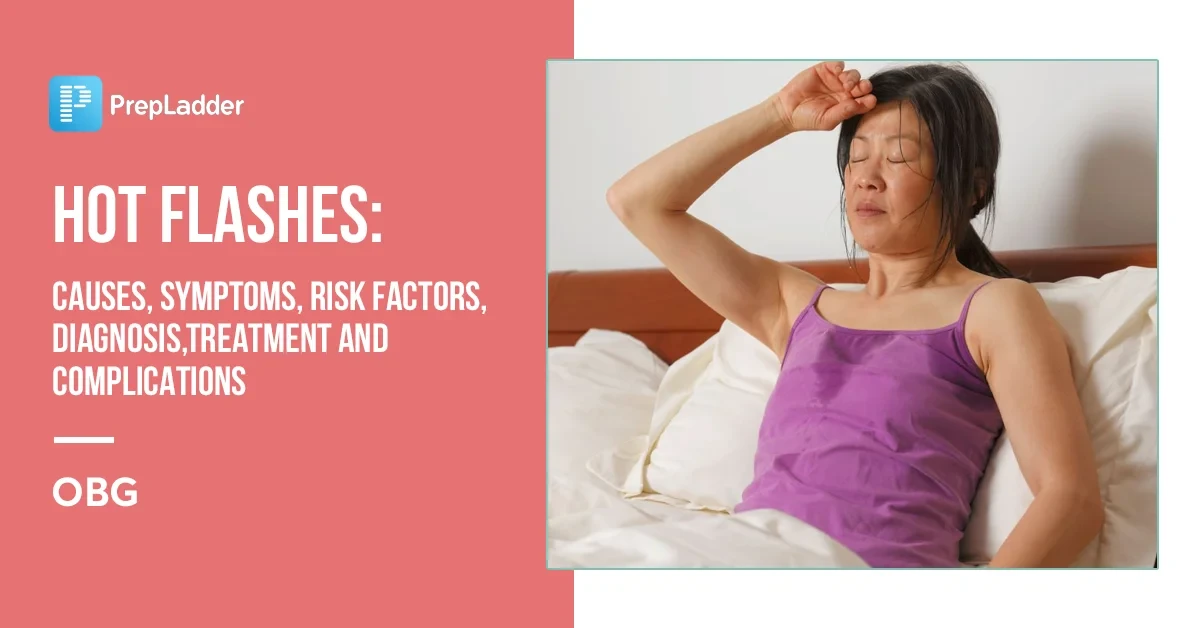Hot Flashes: Causes, Prevention, and Treatments
Hot flashes are a common symptom experienced by both men and women, but they are most commonly associated with menopause in women. These sudden feelings of intense heat can be uncomfortable and disruptive to daily life. In this article, we will explore the causes, prevention, and treatments for hot flashes.
Causes of Hot Flashes
Hot flashes are primarily caused by changes in hormone levels, specifically a decrease in estrogen in women and testosterone in men. However, hot flashes can also be triggered by a variety of factors, including stress, anxiety, spicy foods, caffeine, alcohol, and certain medications.
Hormonal Changes
During menopause, a woman’s ovaries produce less estrogen, leading to hot flashes. In men, a decrease in testosterone levels can also cause hot flashes.
Triggers
Stress and anxiety can exacerbate hot flashes, as can consuming spicy foods, caffeine, and alcohol. Certain medications, such as antidepressants and opioids, can also trigger hot flashes.
Prevention of Hot Flashes
While hot flashes may be difficult to completely prevent, there are several strategies that may help reduce their frequency and severity.
Healthy Lifestyle Choices
Maintaining a healthy weight, eating a balanced diet, getting regular exercise, and managing stress can all help reduce the frequency and severity of hot flashes.
Avoiding Triggers
Avoiding triggers such as spicy foods, caffeine, and alcohol can help prevent hot flashes. Additionally, wearing light, breathable clothing and keeping your living space cool can also help.
Treatments for Hot Flashes
There are several treatment options available for managing hot flashes, ranging from lifestyle changes to medications.
Hormone Therapy
For women experiencing severe hot flashes, hormone therapy may be recommended to help balance hormone levels and reduce symptoms. However, hormone therapy is not without risks and should be discussed with a healthcare provider.
Medications
Certain medications, such as antidepressants, anti-seizure drugs, and blood pressure medications, may help reduce the frequency and severity of hot flashes.
Alternative Therapies
Some people find relief from hot flashes through alternative therapies such as acupuncture, yoga, and relaxation techniques.
Conclusion
Hot flashes can be a challenging symptom to manage, but with the right strategies and treatments, they can be minimized and controlled. By understanding the causes of hot flashes, making healthy lifestyle choices, and exploring treatment options, individuals can find relief from this common symptom. If you are experiencing frequent or severe hot flashes, it is important to consult with a healthcare provider to determine the best course of action.


